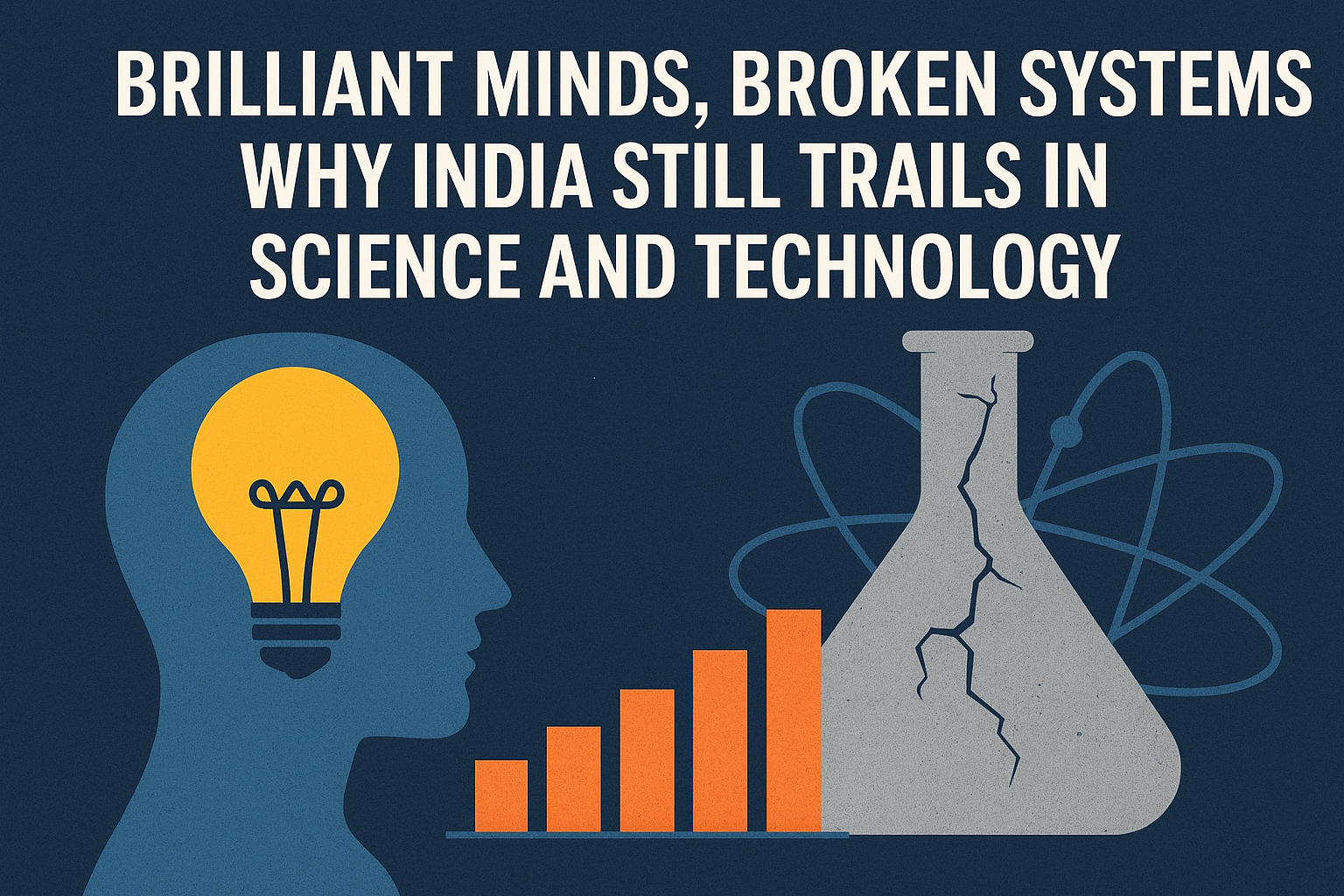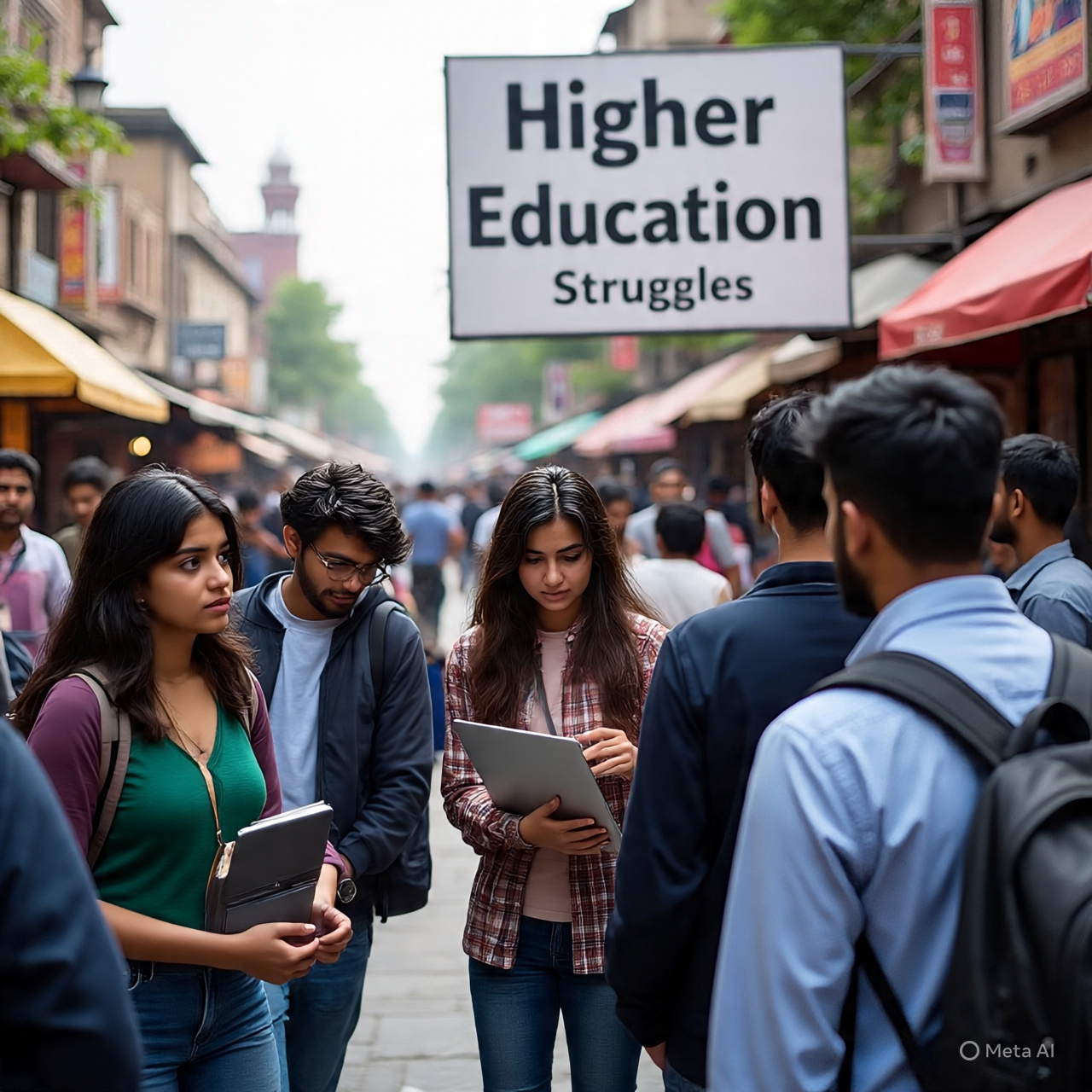
The Jawaharlal Nehru University (JNU), New Delhi, is set to hold its first annual academic conference on Indian Knowledge Systems (IKS) from July 10 to 12. This marks a significant step toward bringing India's traditional intellectual heritage into conversation with contemporary academic thought. The event is aimed at integrating ancient Indian knowledge traditions with modern educational practices.
The conference is being organized in collaboration with the Indian Knowledge Systems Heritage Alliance (IKSHA), the Indian Council of Social Science Research (ICSSR), and the Indian Council of Historical Research (ICHR). It is supported under the broader framework of the National Education Policy (NEP) 2020, which encourages inclusion of India’s own traditions and wisdom in mainstream education.
Vice-President of India Jagdeep Dhankhar will inaugurate the event. The closing ceremony will be addressed by Assam’s Chief Minister Himanta Biswa Sarma, who will serve as the chief guest for the valedictory session. These developments highlight the national importance being given to Indian knowledge systems.
The three-day academic meet will include presentations, discussions, and panel sessions from experts across various fields. It is designed to bridge disciplines such as history, philosophy, literature, and engineering through the lens of Indian epistemology and cultural heritage. In total, the university received more than 600 extended abstracts from over 120 academic institutions. Of these, 100 were selected after a two-stage review process, which included abstract screening and full draft evaluation.
JNU Vice-Chancellor Professor Santishree Dhulipudi Pandit, who announced the conference, explained that it would serve as a platform to take Indian knowledge systems to the global stage. She said, “We are committed to taking the Indian knowledge system to a global level.” According to her, the conference is a foundational step toward creating academic discourse that promotes self-awareness, meaningful discussions, and the building of narratives grounded in India’s intellectual heritage.
She also highlighted a key difference between Western and Indic traditions. While many Western ideologies treat nature as something to conquer or control, Indic thought places importance on living in harmony with nature. Indic philosophy, she said, is based on coexistence, which makes it relevant in the present global context. This difference in approach shows the richness of India’s traditional systems of thought and their continuing relevance.
The conference is titled “The Resurgence of IKS: Finding what we have, learning what we learnt.” It reflects the idea of rediscovering, revisiting, and reclaiming India’s own systems of knowledge that have long existed but are often underrepresented in formal academic frameworks.
Indian knowledge systems refer to a wide range of traditional practices and thought processes. These include Ayurveda, Yoga, classical languages, Vedic mathematics, ancient astronomy, traditional art forms, and moral and ethical teachings. Many of these systems have been passed down through oral traditions and community-based learning over thousands of years.
In recent years, there has been growing awareness that such knowledge should not only be preserved but also studied with academic seriousness. The NEP 2020 encourages institutions to include IKS in research and teaching. By doing so, the education system can become more inclusive, pluralistic, and rooted in India’s own civilizational values.
This conference at JNU is a timely and important step in this direction. By hosting such an event, the university is helping to make traditional Indian knowledge accessible to scholars, educators, and students. It will also help develop better policy frameworks for education that do not depend entirely on foreign models.
In the end, the conference on Indian Knowledge Systems at JNU is not only a platform for academic exchange but also a recognition of India’s intellectual past. It aims to give traditional wisdom a place in the future of Indian education. If successful, such initiatives could serve as a model for other universities and institutions across the country.




.jpeg)


.jpeg)




.jpeg)








